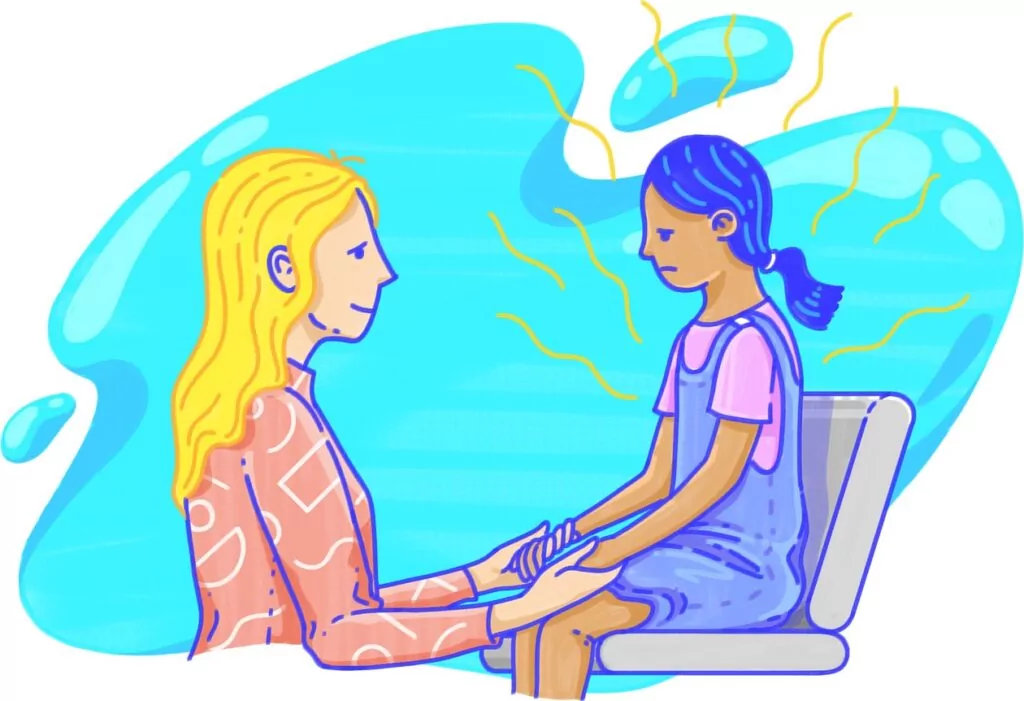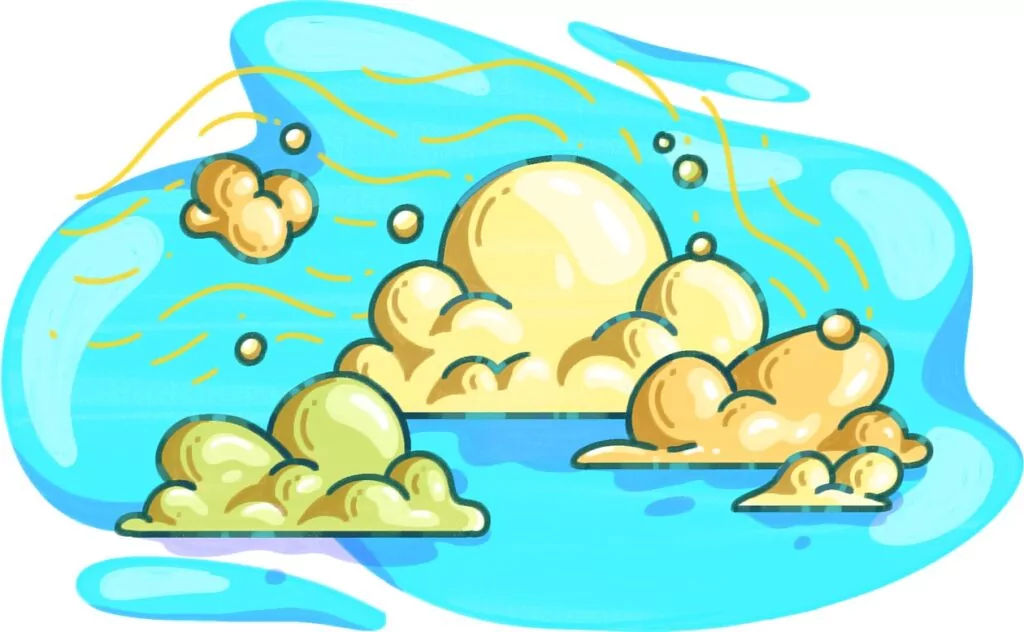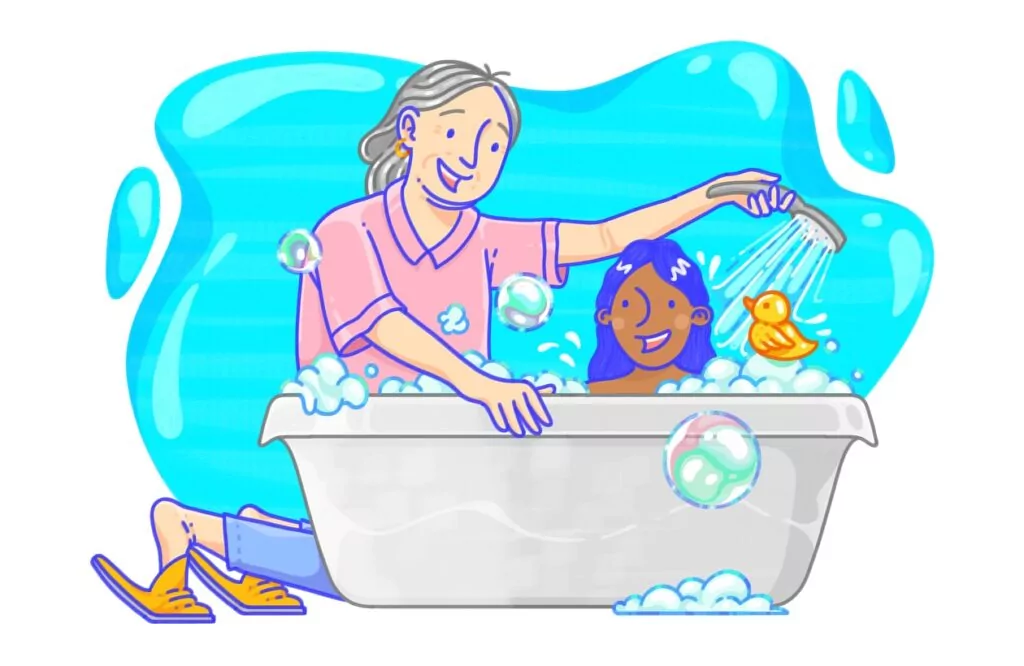See also: Preparing Your Child for Early Puberty Series #5: How to talk to your child about menstrual periods
With kids, some stinkiness comes with the territory. But there’s a difference between typical kid stink and puberty-induced body odor. If your child has been diagnosed with central precocious puberty, they may begin developing body odor. Understanding CPP symptoms can help you prepare your child for the coming changes—and handle those changes with care.
Communicate with Your Child

Going through CPP can be confusing and isolating for children. Talk openly with your child about what they’re experiencing. During puberty, your sweat glands become more active. Specifically, apocrine glands, found in your armpits and groin, are responsible for body odor. When the sweat they produce comes into contact with the bacteria on your skin, it starts to smell. Body odor is unusual in young children because the apocrine glands don’t start producing sweat until puberty.
When talking to your child, validate their emotions and let them know you’re there for them. Be intentional with your language and avoid using negative or stigmatizing terms when talking about body odor; you want to lessen any feelings of shame or discomfort.
Tackling Body Odor Together

Taking on early childhood body odor is a team effort, and you and your child are teammates. Where possible, try to make this new experience a little more fun by including them in the process.
Showering/Bathing
Kids can usually get away with a day (or two) without a bath, but kids with CPP need to clean up more frequently. Bathing or showering once or twice daily with a normal soap can help reduce body odor. Take some time to show them how to clean themselves from head to toe—particularly their feet, armpits, and groin area. Go shopping together and have them pick out soaps, shampoos, and other products they like to get them excited about bath time.
Clean Clothes
You’re likely no stranger to the many loads of laundry little ones can create. If a shirt has been worn but isn’t visibly dirty, it’s tempting to fold it up for next time. But for a child with puberty body odor, it’s extra important to ensure they’re wearing clean clothes. Bacteria on their skin can transfer to their clothes and make them particularly smelly over time. Regularly wash all clothes your child wears to help prevent exacerbation of body odors.
Deodorants/Antiperspirants
Deodorants and antiperspirants can also help with this CPP symptom. During puberty, the body’s sweat glands become more active. When sweat comes into contact with bacteria on our skin, it can cause odor. Deodorants have antimicrobial properties designed to reduce bacteria-producing odor and use fragrance to mask unwanted smells. Antiperspirants prevent sweat altogether by blocking your body’s eccrine glands. Whichever you choose (or both!), try applying them in the morning and at night, as well as any time your kiddo needs a bit of a refresh.
Talk to Your Child’s Doctor

Your child’s CPP symptoms are nothing to be embarrassed about, and their care team is there to help—not judge. So ask your child’s pediatrician or pediatric endocrinologist about body odor treatment recommendations based on what they’ve seen work for other children. You can even ask them how to broach this sensitive topic with your child. They can steer you in the right direction.
Remember that body odor is completely natural and common in kids with CPP. Attention to daily personal hygiene will help prevent strong or unpleasant body odor.
TPI.2022.3252.v2 (v2.0)




